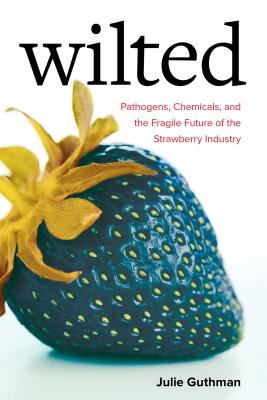Expedite your nonfiction book discovery process with Readara interviews, summaries and recommendations, Broaden your knowledge and gain insights from leading experts and scholars
In-depth, hour-long interviews with notable nonfiction authors, Gain new perspectives and ideas from the writer’s expertise and research, Valuable resource for readers and researchers
Optimize your book discovery process, Four-to eight-page summaries prepared by subject matter experts, Quickly review the book’s central messages and range of content
Books are handpicked covering a wide range of important categories and topics, Selected authors are subject experts, field professionals, or distinguished academics
Our editorial team includes books offering insights, unique views and researched-narratives in categories, Trade shows and book fairs, Book signings and in person author talks,Webinars and online events
Connect with editors and designers,Discover PR & marketing services providers, Source printers and related service providers

Wilted: Pathogens, Chemicals, and the Fragile Future of the Strawberry Industry Volume 6
Social Science > Agriculture & Food (see also Political Science - Public Policy - Agricultur
- University of California Press
- Paperback
- 9780520305281
- 8.9 X 5.9 X 1 inches
- 1 pounds
- Social Science > Agriculture & Food (see also Political Science - Public Policy - Agricultur
- (Single Author) Asian American
- English
Readara.com
Book Description
In Wilted, Julie Guthman tells the story of how the strawberry industry came to rely on soil fumigants, and how that reliance reverberated throughout the rest of the fruit's production system. The particular conditions of plants, soils, chemicals, climate, and laboring bodies that once made strawberry production so lucrative in the Golden State have now changed and become a set of related threats that jeopardize the future of the industry.
Author Bio
Julie Guthman is a professor of social sciences at the University of California, Santa Cruz. Her research has broadly been about how neoliberal-inflected capitalism shapes the conditions of possibility for food system transformation. She has also studied the influence of California’s agrarian past on contemporary efforts to reduce pesticide use.
As a Radcliffe fellow, Guthman is writing a book that traces how the soil pathogen Verticillium dahliae gave rise to the technologies and institutions that brought the California strawberry industry success yet at the same time locked in a system of production that renders less intensive methods nearly unviable. The book will illustrate how much nonhuman actors have shaped the industrial nature of agriculture in California while also revealing the oft-overlooked obstacles to eliminating the use of highly toxic agrochemicals.
Guthman received a PhD in geography from the University of California, Berkeley. She has won four book awards, including the Frederick H. Buttel Outstanding Scholarly Achievement Award from the Rural Sociological Society for Agrarian Dreams: The Paradox of Organic Farming in California (University of California Press, 2004) and the ASFS Book Award for Weighing In: Obesity, Food Justice, and the Limits of Capitalism (University of California Press, 2011).
She is also a recipient of the Agriculture, Food, and Human Values Society’s Excellence in Scholarship Award and of research funding from the National Science Foundation. Guthman has been a resident fellow at the Rockefeller Foundation Bellagio Center and the University of California Humanities Research Institute. In 2017, she was awarded a Guggenheim Fellowship.
Research Interests
California agriculture, alternative food movements, food and agricultural technology, international political economy of food and agriculture, environmental health, political ecology, race and food, nutritional health, and critical human geography.
Source: Harvard Radcliffe Institute
Community reviews
No Community reviews




